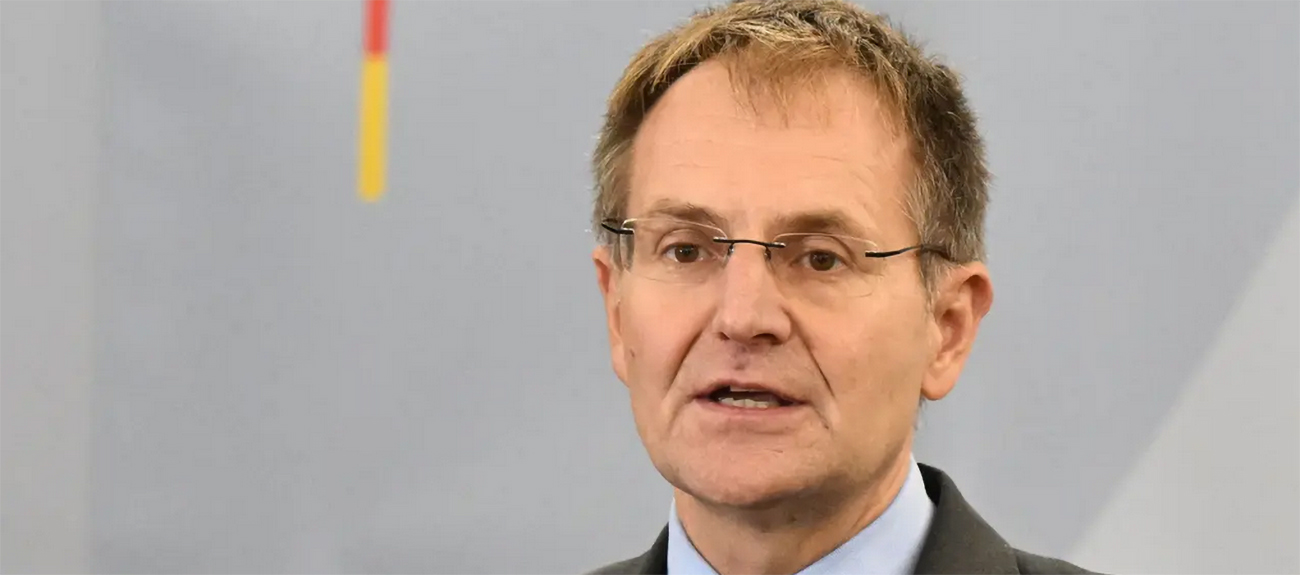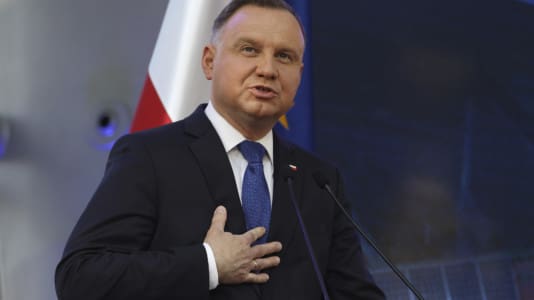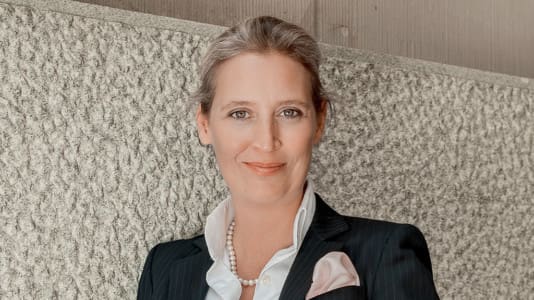Federal Public Prosecutor General of Germany Peter Frank wants to confiscate hundreds of millions of euros in Russian funds. According to Der Spiegel, his office has submitted a corresponding application to the Frankfurt am Main Higher Regional Court.
Now, the Federal Prosecutor’s Office in Karlsruhe is planning to return more than €720 million in frozen funds to the state coffers. These had been parked by a subsidiary of the Moscow Stock Exchange at the German subsidiary of the major U.S. bank J.P. Morgan.
For comparison: The currently controversial costs of agricultural diesel subsidies amount to €450 million a year. If Germany can obtain the assets, it may help the government overcome some of its current budgetary problems, which are forcing the government to tighten its belt at a time of unprecedented spending.
The access represents a new dimension in the enforcement of international sanctions against Russia. Until now, the German state has only frozen the funds and assets of sanctioned individuals and companies. This means that individuals and corporations are no longer allowed to dispose of their money, assets and real estate — but they remain the owners.
So far, however, German authorities have found it difficult to track down Russian money at all. First, at the beginning of the Russian invasion of Ukraine in 2022, more than half of the assets of wealthy Russians flowed out of the EU even before the first sanctions were imposed, as the EU Tax Observatory discovered. There were then apparently no adequate laws in place to stop the Russians’ money from flowing, although Federal Chancellor Olaf Scholz (SPD) had publicly claimed that everything had been “prepared to the letter” for the seizure.
A “task force” headed by the former intelligence coordinator in the Federal Chancellery, Johannes Geismann, was set up at the time to resolve the difficulties. However, the fact that the owners of villas, yachts and luxury cars hide behind convoluted company structures has proven to be a problem to this day, as it makes it difficult to prove actual ownership.
Last year, the German government put the total amount of frozen Russian assets at just under €5 billion.






